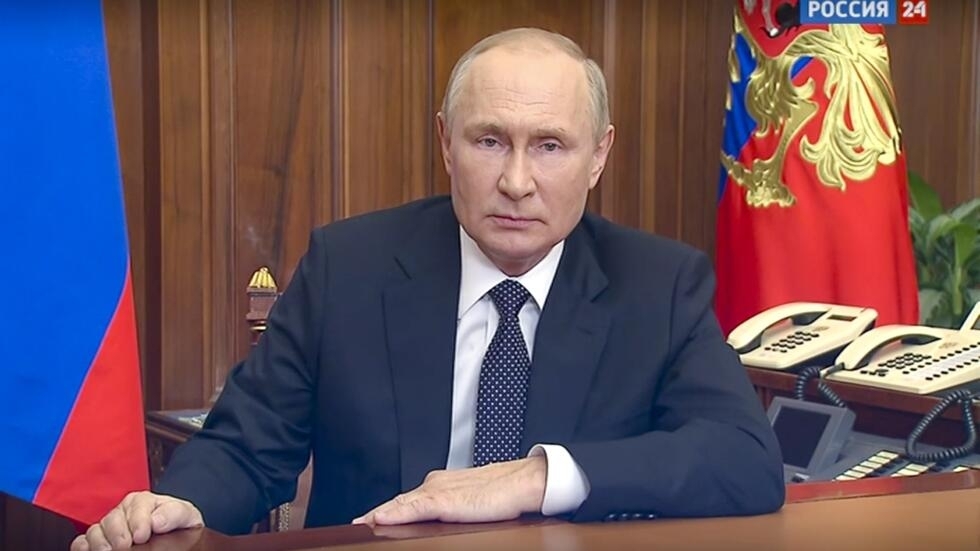On September 1, Russia plans to conduct experiments using crypto exchanges and digital tokens for cross-border payments in order to avoid international sanctions.
This action is critical for Russian enterprises that are struggling to make payments due to economic sanctions. During these experiments, the National Payment Card System (NSPK) will be used to enable ruble-to-crypto exchanges. In July, Russia’s parliament passed legislation to legalize crypto mining and establish a framework for testing digital tokens under central bank oversight.
The situation exacerbated when the US broadened its sanctions criteria in June, targeting foreign financial institutions that do business with Russia. Before January 2022, the central bank considered completely banning crypto, but the economic situation necessitated a shift in policy. Finance Minister Anton Siluanov stated that authorities are now exploring legalizing crypto exchanges, but details are still being worked out.
The NSPK, established by the central bank in 2014, will be selected to manage these trials. Its existing infrastructure and central bank control make it an excellent platform for facilitating smooth ruble-to-crypto transfers, allowing Russian enterprises to continue transacting across borders despite the sanctions.
If successful, these experiments could lead to more widespread use of crypto in Russia, potentially changing the country’s financial environment. However, the long-term ramifications are questionable, since it may bring short-term respite to Russian enterprises while simultaneously drawing further scrutiny and stronger penalties from Western countries, particularly if crypto are used to mitigate the impact of existing sanctions.



